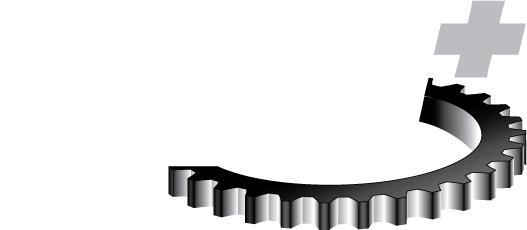
Basics of Internal Combustion Engines
As a mobility professional, having a fundamental understanding of internal combustion engines is required, not optional. This course covers the most relevant IC engine topics including the theory of ignition, the chemistry of combustion and the kinematics of internal components. Learners will gain a practical, hands-on approach to the basics of the most common designs of internal combustion engines, as they apply to the gaseous cycles, thermodynamics and heat transfer to the major components, and the design theories that embody these concepts.
Learning Objectives
By completing this course, you will be able to identify, recognize or articulate:
- Basic functioning and component interaction in a modern internal combustion engine
- Thermodynamic concepts governing the operation of an internal combustion engine
- Operational differences of the various fuels used in internal combustion engines
- Function and operation of all major components and systems within a modern internal combustion engine
- Operational principles of the timing and working relationships among all internal components
- Limitations of the current designs and implementations of the modern internal combustion engine
Who Should Attend
The intended audience for this course is powertrain engineers, component suppliers, vehicle platform powertrain development specialists, and those involved in the application, design and discussion of engines.
Prerequisites
Learners should have an undergraduate engineering degree.
Topics
- Fundamental Operating Procedures
- Open circuit
- Closed circuit
- Internal combustion
- External combustion
- Spark ignition
- Compression ignition
- Engine Technology
- 2-stroke
- 4-stroke
- Pistons, connecting rods and crankshaft
- Valvetrain, camshaft and timing gear
- Engine block, cylinder and head geometry
- Manifold, surface finish, track length
- Fuel systems, carburetors, fuel injection
- Turbo- and super-charger
- Ignition, timing and spark advance
- Fuel Delivery Systems
- Air intake systems
- Fuel delivery
- The problem of part throttle operation
- Intake manifold design and tuning
- Turbo-charging
- Super-charging
- Introduction to emissions
- Fuel management and control theory
- Fuel injection
- ECU operation
- Sensors and instrumentation
- Valve Train
- Operation
- Arrangement — Push-rod; Single overhead cam shaft (SOHC) design; Dual-overhead cam shaft (DOHC) design
- Camshaft function and design considerations
- Valve timing
- Valve-train design considerations
- Component and Event Timing
- Valve actuation timing
- Valve timing diagram
- Spark ignition event and timing
- Compression ignition injection event and timing
- Fuels & Combustion
- Definition of hydrocarbon-based fuels
- Stoichiometric Burn Efficiency
- Air / Fuel Ratio
- Gasoline
- Diesel
- Octane rating
- Cetane rating
- Hydrocarbon emission
- Flame types
- Thermodynamic efficiencies
- Ignition requirements
- Combustion chamber and head design
- Ignition
- Common ignition sources
- Combustion abnormalities
- Spark plug design considerations
- Ignition timing
- Emissions & Controls;
- Chemistry of emissions
- Emission controls
- Catalytic converter operation
- Exhaust gas recirculation (EGR)
- Valve overlap control
- Introduction to variable camshaft timing (VCT)
- Thermodynamics
- Definition and comparison of common internal combustion cycles
- Otto cycle
- Diesel cycle
- Dual cycle
- Atkinson cycle
- Energy Conversion Kinematics and Mechanisms
- Cylinder arrangement
- Piston design considerations
- Piston ring application
- Connecting rod design considerations
- Crankshaft design
- Balancing
